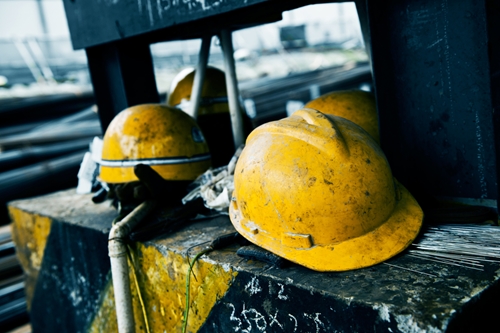For better or worse, humans will always use drugs to help them cope with the demands placed on them by the daily need to survive. Whether to help focus, relax, kill pain or to see beyond, people will always find reasons to want to change their perceptions so as to best meet the demands placed on them. This article will argue that cannabis law reform is superior to prohibition when it comes to meeting the industrial demands of our time.
During the Age of Exploration, the drug of choice was alcohol, usually rum in particular. Rum had a high alcohol volume and was easy to keep. For men spending months or years at sea in ships, rum offered the best bang for the buck. Wherever European sailors took harbour, the rum trade followed. Names like Port Royal and Kororareka became synonymous with drunken debauchery and destruction.
In the first half of the 20th century, we ran out of places to explore and started killing each other over what had been discovered. This required a combination of drugs, and these – because of the necessities of wartime – were indulged in without shame or sanction. Alcohol was still used to a great extent, particularly for its ability to give men the courage to face enemy gunfire, but use of opiates and tobacco were also widespread, the former on account of its use in physical medicine and the latter on account of its use in psychological medicine.
In the second half of the 20th century, the focus shifted from killing the enemies of liberal capitalism to making money. During this time, people were mostly tasked with social office work. This required more tobacco, but also more caffeine. It was here when the idea of becoming “caffeinated” to deal with the pressures of the day came from. The idea was that the buzz from caffeine would make the inherently safe and secure office jobs less boring.
So far this century, a lot of this work has become antisocial. This has necessitated the rise of caffeine, in order to concentrate for longer periods of time despite low levels of stimulation. This rise has been aided by the increasing unfashionability of tobacco smoking, so that caffeine has now become the go-to drug for anyone wanting more yang energy.
It’s not easy to forecast the precise details of the future, but if one understands the basics of a subject it’s possible to forecast general trends. What seems apparent, in the case of the Western World, is that cannabis has come to replace some of these other drugs as the one that best helps people meet the demands of the workplace, and will continue to do so.
Because of automation, it’s no longer as important for the workforce to be attentive, alert and focused. This is still important for certain roles, but those roles have become an ever-diminishing proportion of the workplace. The roles that have become an ever-increasing proportion of the workplace are those in the creative professions, and the demands of these roles are compatible with cannabis use.
It’s widely known and accepted that much of the world’s production of quality music is made by people on drugs, and this is true to a lesser extent of literature as well. Cannabis (especially cannabis sativa) helps with the process of creativity by breaking down old conditioned pathways of thought and replacing them with novel ideas. This has made it a favourite substance of people in many creative occupations – not just music and writing but also design, cuisine, hospitality and programming.
In order to meet these industrial needs, we will not only need to legalise cannabis, but to go further. At a minimum, cannabis will need to become legal so that people who need to use it for the sake of their work can do so. For the sake of creative occupations, it will need to be gently encouraged in the workplace in the same way that coffee is encouraged in offices, and tobacco is encouraged in factories, already now.
The world is changing faster and faster, and as a result of this people find themselves confronted with original situations ever more frequently. These original situations demand original ways of thinking. The desirable qualities for employees of the future will be flexibility, originality and breadth of thought, instead of the obsessive focus and repetition that has characterised the workplaces of the past. These qualities are well enhanced by cannabis, which makes it a good choice for the workplace of the future.
*
This article is an excerpt from The Case For Cannabis Law Reform, compiled by Vince McLeod and due for release by VJM Publishing in the summer of 2018/19.




